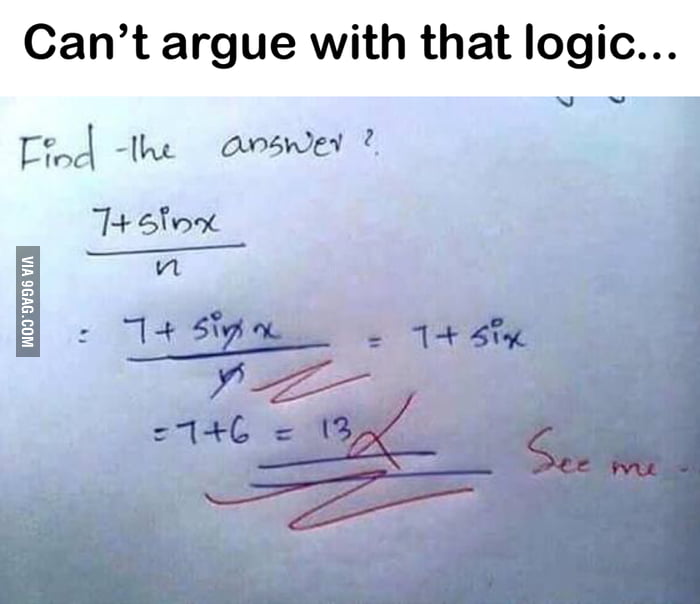Does socionics measure innate type or behavior? I notice the type descriptions seem to rely on behavior - the external result, whereas the cognitive styles and Jungian types focus more on overall style of thought, IMO, I guess.
But I don't understand because what if I think and process the world holographically, but behavior-wise act IEI. Then what? Should a vortical synergistic feel internally they are holographic, a causal-deterministic dialectical-algorithmic, etc?



 Reply With Quote
Reply With Quote

